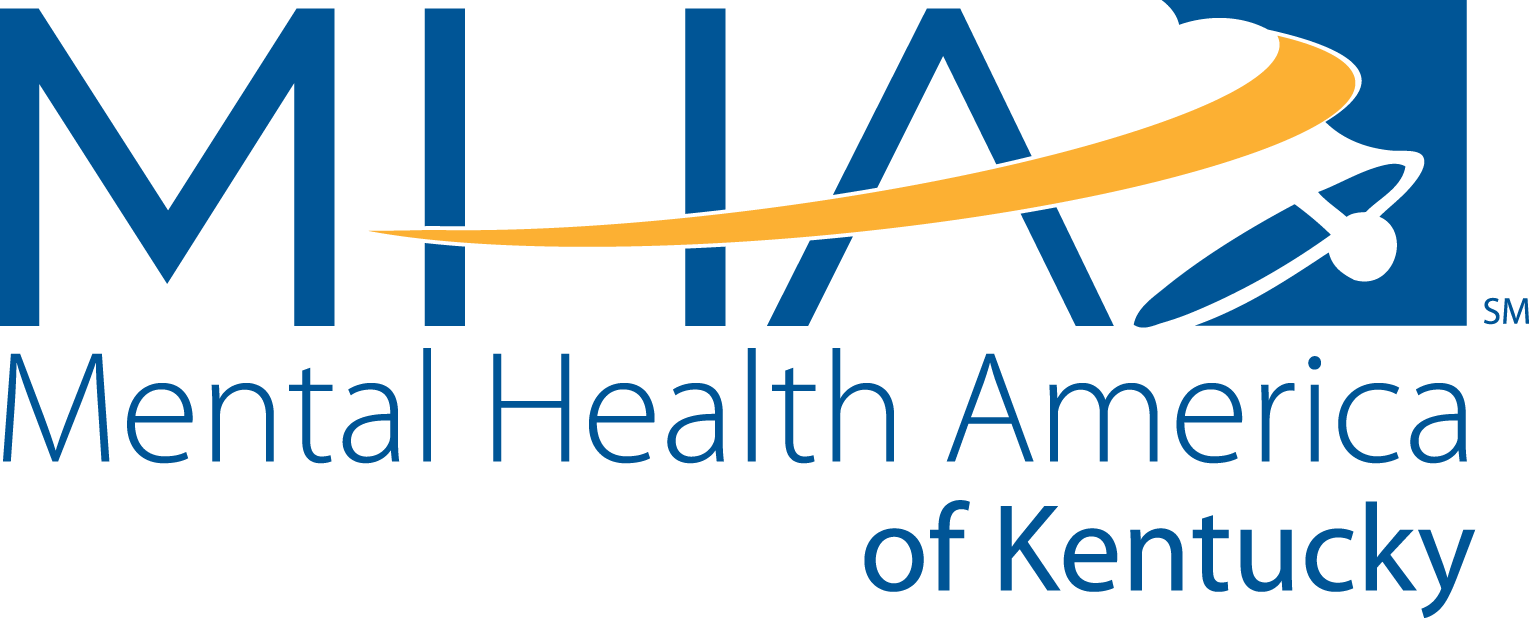If someone you know is going to hurt themselves or someone else, please call 9-1-1 or go to the nearest Emergency Room.
Suicide Prevention Hotlines
National Suicide Prevention Lifeline: (800-273-8255)
Crisis Text Line: Text MHA to 741741
Trevor Project (for LGBTQ+ Youth): 866-488-7386
Trans Lifeline US: 877-565-8860 ; Canada: 877-330-6366
La Red Nacional de Prevención del Suicidio: 888-628-9454
National Suicide Prevention Lifeline for Spanish Speaking Individuals
National Maternal Mental Health Line: 833-943-5746
Other Crisis Lines and referral lines available via DBHDID resource here.


